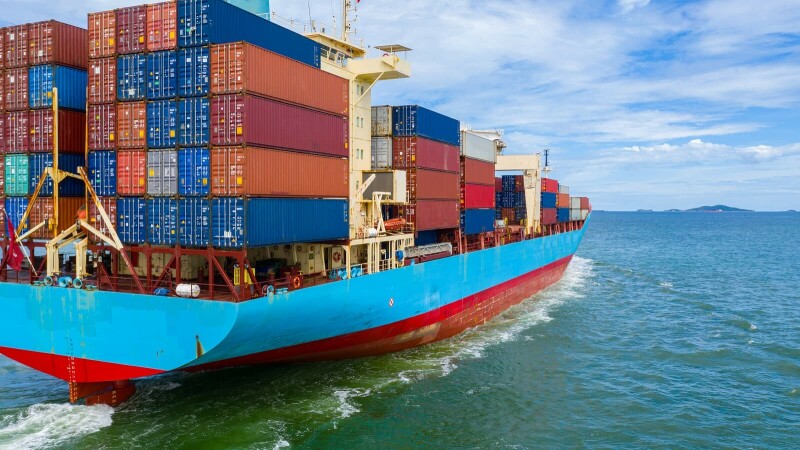Monday, Jul 21, 2025 | 25 Muharram 1447
Monday, Jul 21, 2025 | 25 Muharram 1447

KARACHI: Pakistan government announced on Saturday a 50% cut in port handling, vessel, and storage charges for dry bulk exports at the Karachi Port, a step that Maritime Minister Junaid Anwar Chaudhry believes will reduce the carbon footprint of trade logistics and foster sustainable growth.
The move is expected to benefit exporters of dry bulk goods and reduce emissions through faster and less congested port activities.
Chaudhry announced the major reduction in port charges “as part of a broader strategy to decarbonise the maritime sector and improve energy efficiency in port operations”, according to a ministry statement.
“By lowering operational costs and streamlining logistics, we are not only boosting trade competitiveness but also contributing to climate resilience,” he was quoted as saying in the statement.
Govt plans to establish Rs3bn aquaculture park in Karachi
According to details, the newly introduced reforms include a 50% cut in port handling, vessel, and storage charges, while scrapping the previously planned annual 5% hike in these fees.
“This isn’t just a financial measure; it’s a pivot toward low-impact, future-ready maritime trade,” said Chaudhry. “A more efficient port reduces idle time for vessels, lowers fuel consumption, and supports greener supply chains.”
The minister highlighted that the changes were part of a national strategy to modernise port infrastructure, enhance sustainability, and transition towards smart maritime practices.
“The announcement follows recent efforts of the maritime minister to enhance port efficiency, including forming a high-level committee to cut container dwell time by 70% and deploying advanced technologies such as AI and drones for monitoring operations, further underlining the government’s proactive stance in modernizing maritime trade logistics,” Maritime ministry said.
Pakistan eyes East African market with new sea trade corridors
As sea-level rise, extreme weather events, and maritime pollution intensify, the minister stated that climate adaptation was being increasingly integrated into trade logistics as “part of a broader strategy to establish the country as a sustainable maritime hub in the face of climate change”.
A similar 50% reduction was announced for export-oriented cargoes at the Port Qasim a few weeks ago.